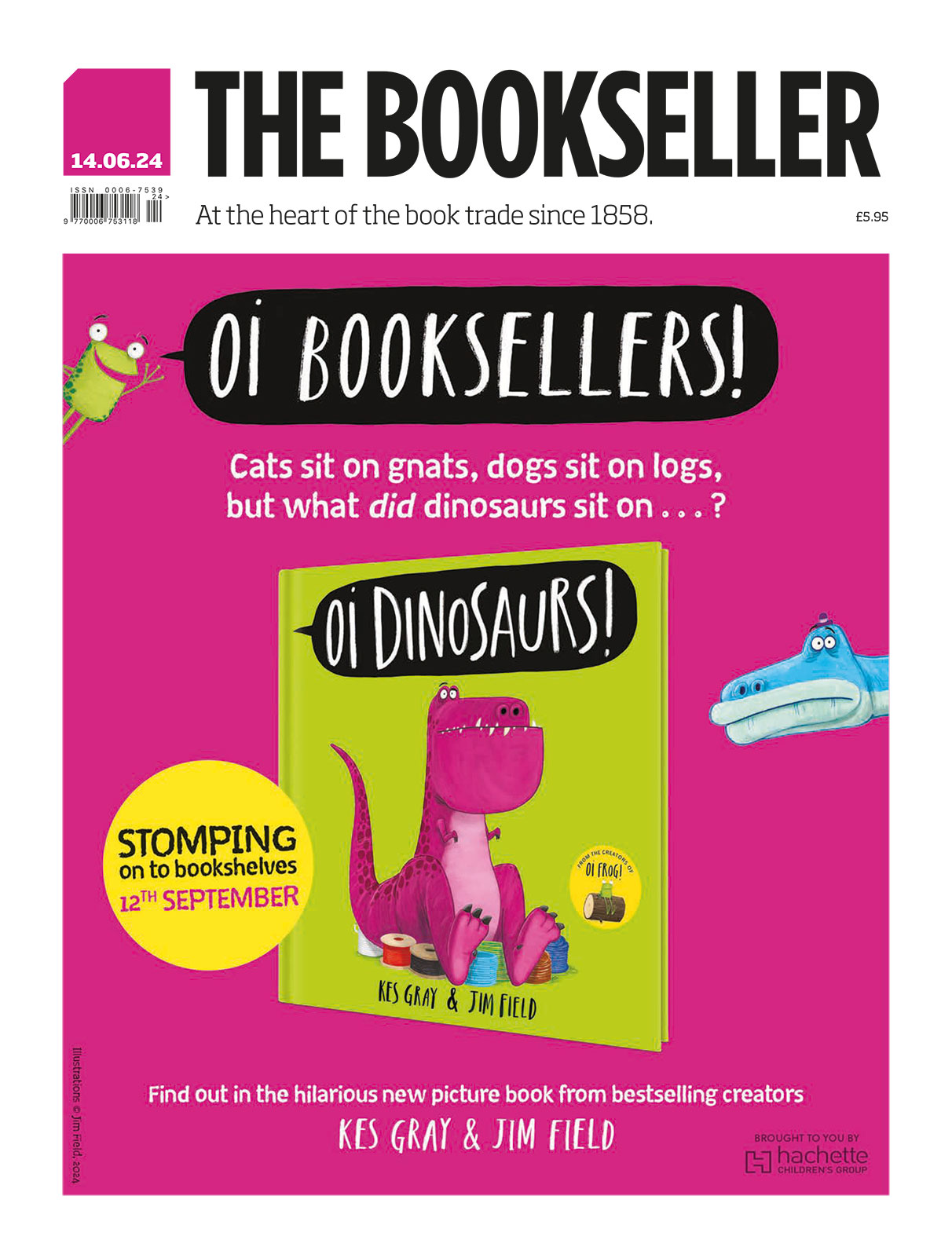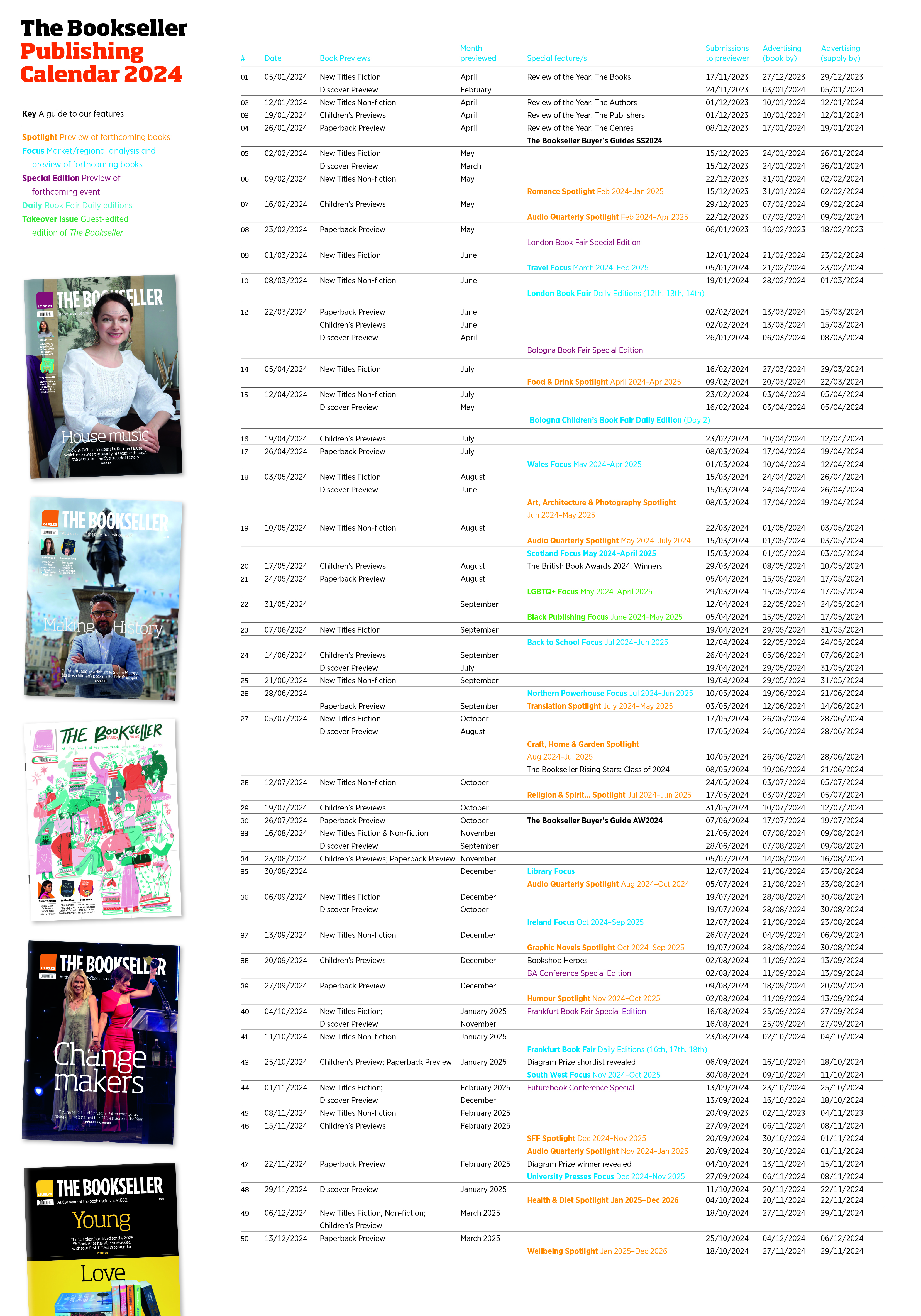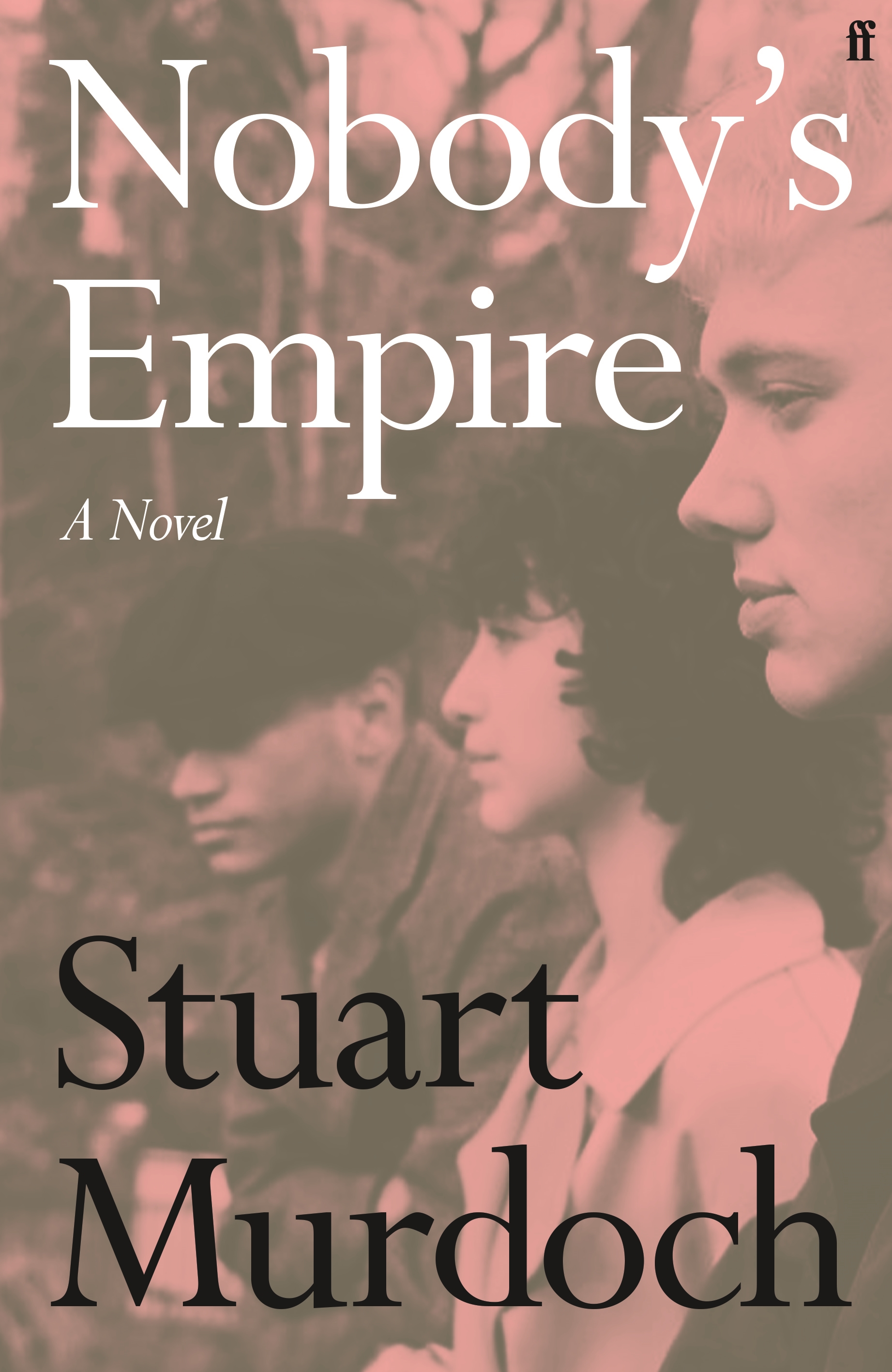You are viewing your 1 free article this month. Login to read more articles.
Author profile — Stuart Murdoch
Belle & Sebastian founder Stuart Murdoch‘s first novel reaches deep into his own life and his struggle with chronic fatigue syndrome.
Stuart Murdoch is in Minneapolis airport waiting to catch a flight to Denver and talking to me about auto-fiction. His voice is soft, bright and Scottish. Just like on all the Belle & Sebastian songs you’ve been singing since the Nineties about foxes and horses and girls wearing clogs, it rises above the airport hubbub. Every now and then we are interrupted by static; crackle; a tannoy announcement booming out flights, delays, gate changes.
“Don’t worry,” says the indie frontman: “It might be loud for a second but I can hear you perfectly.” Murdoch is talking to me about writing, about how “God Help the Girl”(the film he made in 2014) was the first time he wrote what he considers “fiction”. He has always written, of course, in song form: all those heart-rending Belle & Sebastian songs featuring kissing and dreaming and desire and reading books, songs that stemmed from an awkward, introspective teenhood. “I was hopeless,” Murdoch says. “I was a late developer; I wasn’t very popular, so I did spend a lot of time daydreaming.” He always kept diaries, too. In the 2000s Murdoch took to blogging. But the writing he did for the film felt different: “It was the first time I just sat down and let characters talk.”
Now, he has let them talk again, in the form of Murdoch’s début novel, Nobody’s Empire. Named for the Belle & Sebastian song of the same name, this is an early Nineties-set coming-of-age tale about a sensitive boy called Stephen, who, as the novel opens, lives in Glasgow, goes to college, aches for romance, and suffers from chronic fatigue syndrome. The parallels with Murdoch’s own life are clear, but it’s not simply a memoir with the names changed. “Obviously, the structure of the book is very autobiographical and the two main characters come from real life,” he explains. He decided though, that as he’d be “putting words in the mouths” of characters representing his real friends, the freedom of fiction was irresistible. Murdoch sat down to write using the same approach as he had with the film, when a producer mate had advised that he just needed to know “where the start was and where the end was”.
When I got really sick, everything slowed down. I had a lot of time to ponder... I would never have written a book without chronic fatigue. I would never have been in a band without ME
Nobody’s Empire charts Stephen’s journey between these points—from Glasgow to America; from confusion to clarity; from hospitalisation to musicmaking. Stephen is an absorbing, introspective protagonist. He worries–about girls, god, life. He yearns for wellness, happiness, and social ease. He lives with his friend Richard in a flat in the West End of Glasgow, tries to get by on benefits, spins B-52s and Clash records at indie nights; shops for vintage clothes; fancies girls in 50s dresses and pigtails, makes mixtapes; writes letters to Harriet from The Sundays. For those who remember the 1990s, there’s a beautiful nostalgia in reliving all these deliciously lo-fi aspects of the late 20th century. Murdoch says, though he dipped into his diaries to help, writing the “historical” aspects of the novel were easy because those years were so formative for him. “When I got really sick, everything slowed down. I had a lot of time to ponder. And so it’s absolutely etched in my memory.”
Moreover, for fans of Belle & Sebastian, whom Stuart has fronted as lead singer/songwriter since 1996’s “Tigermilk”, Stephen’s interests and struggles will all be intoxicatingly familiar and on-brand, as if all the wistful, romantic Murdoch-authored narratives from those early Belle & Sebastian records have come to life and been expanded on. The novel, though, shows the reader all of this through the lens of chronic illness: there’s always the illness, holding Stephen back; slowing him down.
“I wouldn’t say it’s a chronic fatigue novel,” Murdoch tells me, “but I wrote with an eye on the people with ME. And, you know, some of them, funnily enough, will be disappointed that I didn’t go into detail.” He had to strike a balance, he says, between that and keeping the story moving, while still giving the condition its place. “I mean, I would never have written a book without ME. I would never have been in a band without ME,” he says emphatically. The novel opens with our hero “in deepest ME-land”, as Murdoch puts it, when Stephen’s struggles with the then little-understood myalgic encephalomyelitis have found him hospitalised. He gets out; visits doctor after doctor, none of whom seem to be able to help. He searches for diagnosis and support, forming a support group of other sufferers. Meanwhile, he is on other journeys: there is the one to spirituality (a theme that’s always infused Murdoch’s creative output). Christianity; Buddhism—for Murdoch it’s all inextricably linked. “When I got sick,” he says, “ music and spirituality came in at the same time in the vacuum.”
Then there’s the slow pull of music. Stephen sits at a piano; feels the lure of tunes that seem to him “like the arc of a rainbow”. He signs up to a university music course. There are some interesting people there who can play interesting instruments. He tries to sing. Meanwhile, he’s trying to understand his sexuality. He wants a girlfriend, to travel, to expand his mind. The books Murdoch turned to for guidance were Robert M Pirsig’s Zen and the Art of Motorcycle Maintenance with its mix of philosophy and story, and Nick Hornby’s Fever Pitch, with its mode of storytelling through a specific subject: football. Murdoch lovers will be unsurprised that Nobody’s Empire is a novel that’s in love with books themselves. The bookish protagonist Stephen even announces that “reading is the meat of my day”. There’s name checking of Brontë, Dostoyevsky, Louis Stevenson, Proust; all of whom, Murdoch points out, wrote despite struggles with chronic illness. He finds this fascinating. “To me, it makes sense that storytellers, artists, from Proust to George Lucas, have a ‘thing’. There’s a reason why people reach for fantasy,” he says, “There’s a reason people reach for stories; there’s a reason why people have to live through songs and music, and you’ll often find that they had a childhood sickness. There’s infirmity at the roots.”
These days, she must have little time for Maggie-style spirals. She is in the early stages of a second novel, filming a romantic comedy series for Sky (slated for 2023 release) and developing a TV adaptation of Really Good, Actually. What is the number-one thing she would like readers to take away from the book? She grins. “It’s going to be bad, and then it’s going to be fine.”



















